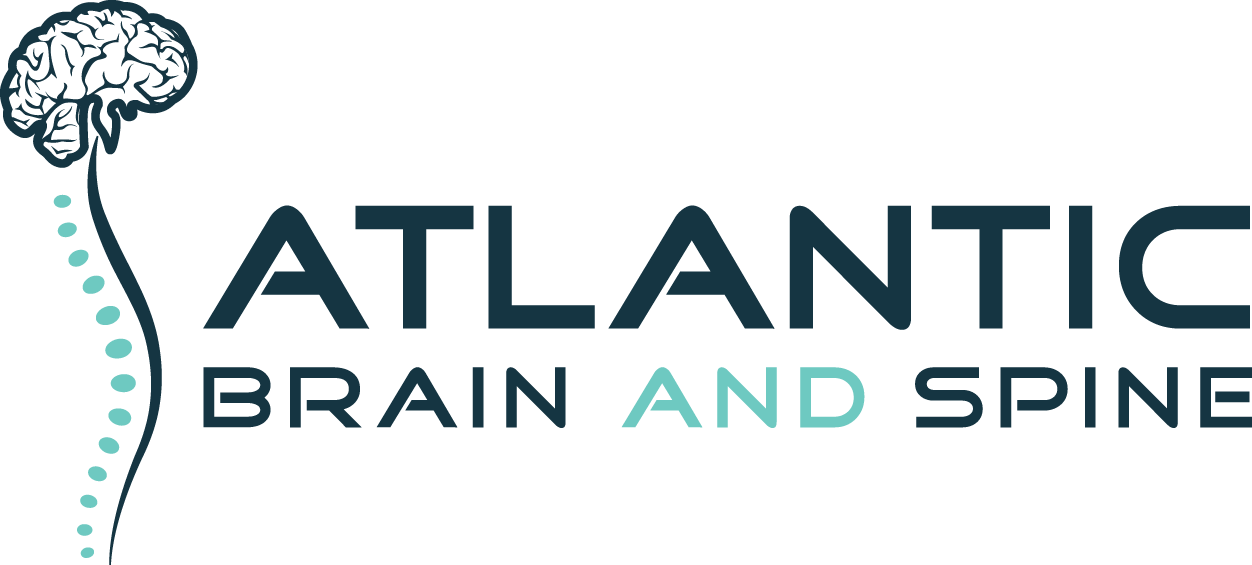How Advanced Neurosurgery Saved This Lance Corporal

Various kinds of brain surgery are some of the most awe-inspiring procedures in the realm of modern medicine today. The skill required for a surgeon to operate within a person’s brain is so incredibly high; neurosurgeons have the capacity to save lives and restore hope to people who would otherwise face a harrowing medical journey.
It used to be true that brain surgery included very invasive techniques, but now neurosurgeons like the professionals at Atlantic Brain and Spine use innovative techniques to save lives with minimal cutting involved. One such person whose life was forever changed by these techniques was Jocelyn Harris, a U.S. Marine, originally from Michigan, who had been serving at Camp LeJeune in southeastern North Carolina.
Headaches Turn to Fear
When Jocelyn began experiencing headaches, she wasn’t too worried at first. Soon, though, they became debilitating; she found herself lying for hours in excruciating pain with hot and cold compresses pressed against her forehead and neck. She and her new husband Jordan became very concerned and sought medical help. The doctors on base quickly referred to nearby Wilmington, NC where she met a team of neurologists who would save her life.
The Pressure of a Cyst
Doctors found a colloid cyst in Jocelyn’s brain, causing severe pain, pressure, and a risk to her memory and life. The cyst was basically like a slowly swelling sac filled with a gel-like material. The more it grew, the more pressure it put on her memory centers. What’s worse, it could actually kill her at any moment. The medical team knew they had to act fast and get that cyst out.
Colloid cysts are uncommon, making up only 0.5% to 1% of brain tumors. They usually form near the foramen of Monro, a fluid junction in the brain. Blocking this area can lead to drainage issues, particularly problematic in young individuals with narrow brain fluid spaces. Jocelyn and Jordan were both shocked to learn what they thought were migraines were actually an incredibly rare tumor about the size of a pea. They began envisioning a massive neurosurgery procedure, complete with a difficult recovery and rehabilitation period. Fortunately, getting the colloid cyst removed was a lot easier than they had imagined.
A Minor Incision — A Major Triumph
To remove Jocelyn’s tumor, Dr. Jeffrey Beecher, a neurosurgeon at Atlantic Brain and Spine, used a series of advanced techniques that made the whole experience easier. It also made her subsequent rehabilitation more smooth and speedy than it would otherwise have been. First, Dr. Beecher used an endoscopic technique, which meant he didn’t have to make any major incisions. Instead he cut a hole about the size of a penny and navigated through there, using a neuro endoscope (a teeny camera) and a GPS-esque technique called neuronavigation to avoid hurting any healthy brain tissue. Neuronavigation was achieved by working with a sophisticated scan, enabling Dr. Beecher to see the precise spot where the cyst was located. Then, it was a matter of cutting and removing it.
Jocelyn’s recovery wasn’t simple — she spent two months on medical leave, recovering her strength alongside family. It isn’t ever easy to recover from brain surgery. She had to practice concentration, reconnect with her ability to remember, and gain back her strength. Still, not having a huge incision or any problems with other brain tissue made everything easier.
Despite feeling scared and overwhelmed upon learning she needed brain surgery, Jocelyn doesn’t remember much about her time in the hospital due to the impact of the cyst on her memory functions. What does remain vivid for her is the sense of being cared for and the assurance of safety provided by her expert care team. To learn more about how Atlantic Brain and Spine’s use of cutting-edge technology can support your medical needs, reach out today to make an appointment.
